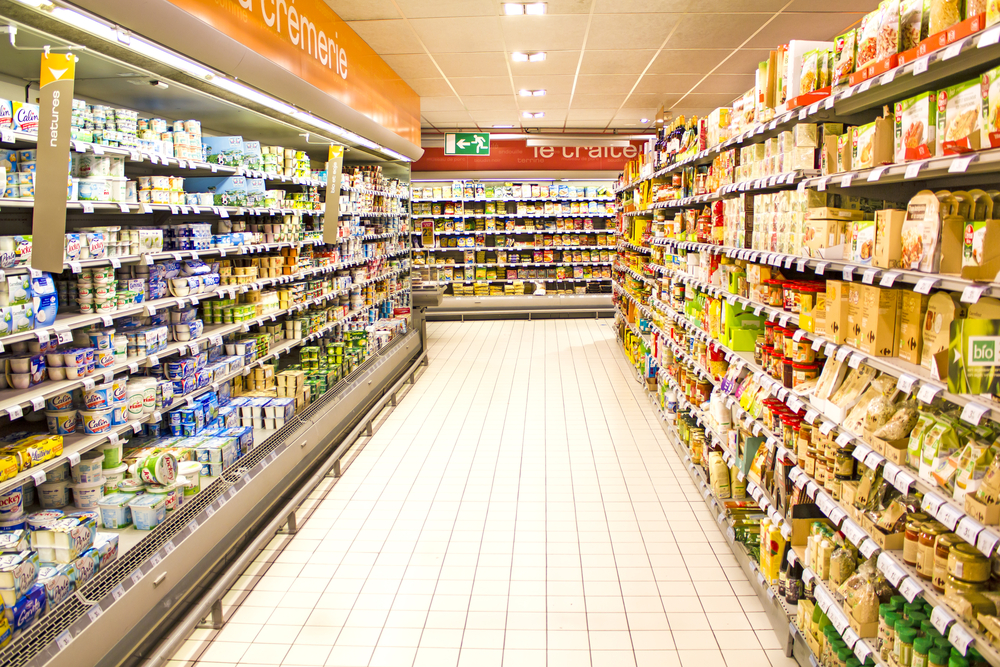
Supermarkets as Engines of Uganda’s Economic Growth
In the heart of Uganda’s urban hubs, supermarkets have transcended their traditional role as mere shopping destinations, emerging as pivotal contributors to the country’s economic development. Beyond the aisles stocked with essentials, these retail giants hold the potential to invigorate local economies, empower communities, and drive transformative change.
Uganda’s Evolving Supermarket Landscape
Amidst a global trend, Uganda’s supermarket industry is undergoing a remarkable transformation. Modern supermarkets are reshaping the retail landscape, offering unparalleled convenience, variety, and shopping experiences that rival traditional markets. As these supermarkets proliferate, they’re poised to transcend their commercial function, evolving into vital drivers of economic progress.
Fueling Economic Growth through Employment
In the tapestry of economic development, supermarkets weave a crucial thread through job creation. Roles ranging from cashiers and stock clerks to shelf managers and security personnel are occupied by a diverse workforce drawn from local communities. Esteemed names like Carrefour, Capital Shoppers, and Quality Supermarket exemplify this trend. These employment opportunities deliver steady incomes and nurture skill enhancement and career progression. Some forward-thinking supermarkets even institute comprehensive training initiatives, enriching employees with expertise beyond their immediate roles.
Catalyzing Local Economic Circles
Supermarkets exert influence beyond their premises, particularly in igniting demand for locally sourced products. These retail powerhouses drive local economic cycles by establishing direct links between urban consumers and rural producers. Carrefour, for instance, is committed to sourcing over 80% of its products from regional suppliers. In Uganda, they’ve expanded their local supplier network, fostering relationships with more than 260 suppliers to provide over 99% of their 20,000-product range across seven outlets. This approach, known as “farm-to-shelf,” bolsters local enterprises, streamlines supply chains, minimizes transport costs, and assures consumers of top-quality, locally cultivated products while enhancing economic resilience.
Social Responsibility as a Pillar
Supermarkets in Uganda embrace social responsibility, bolstering community-centric initiatives such as aiding schools, healthcare centres, and environmental projects. These endeavours underscore their commitment to the well-being of their operational areas, contributing to the fabric of social cohesion and strength.
A New Era of Prosperity
In summation, Uganda’s supermarkets transcend their traditional role, embodying the potential to propel economic development. Supermarkets stand as catalysts of thriving local economies by generating employment opportunities, bolstering local producers, nurturing entrepreneurial ventures, and actively participating in community upliftment. As the industry evolves, a synergistic approach that amalgamates business prowess with social accountability will prove instrumental in fully harnessing supermarkets’ potential as agents of positive transformation.
